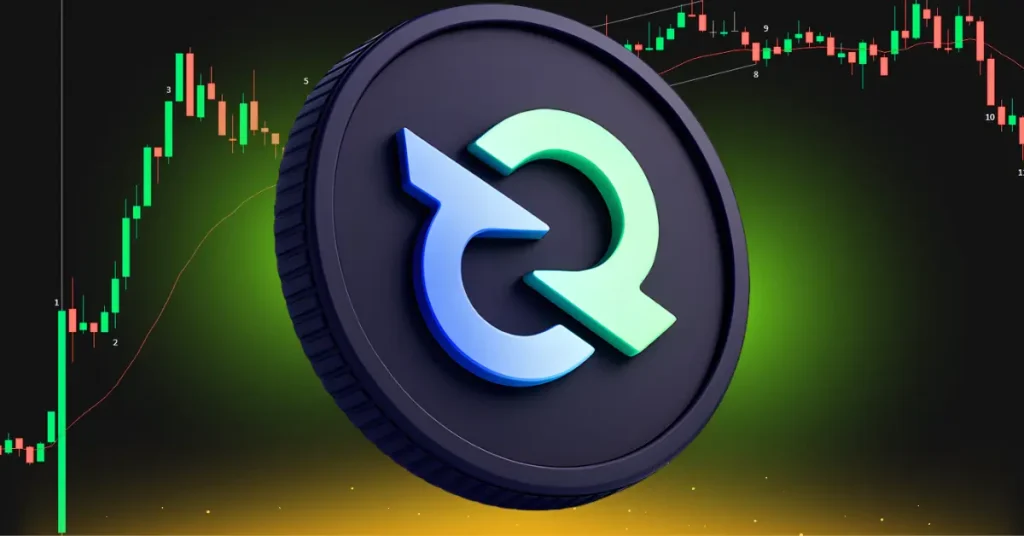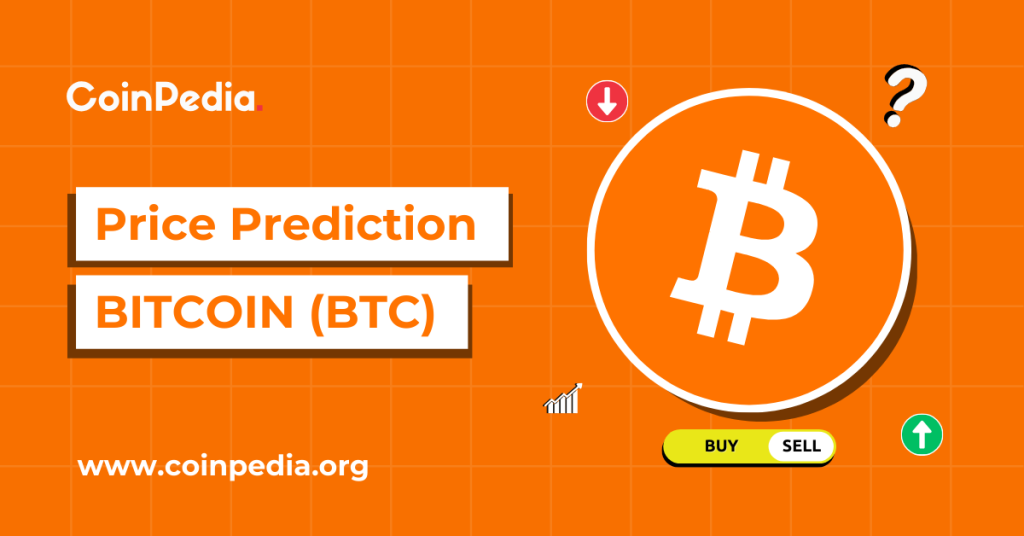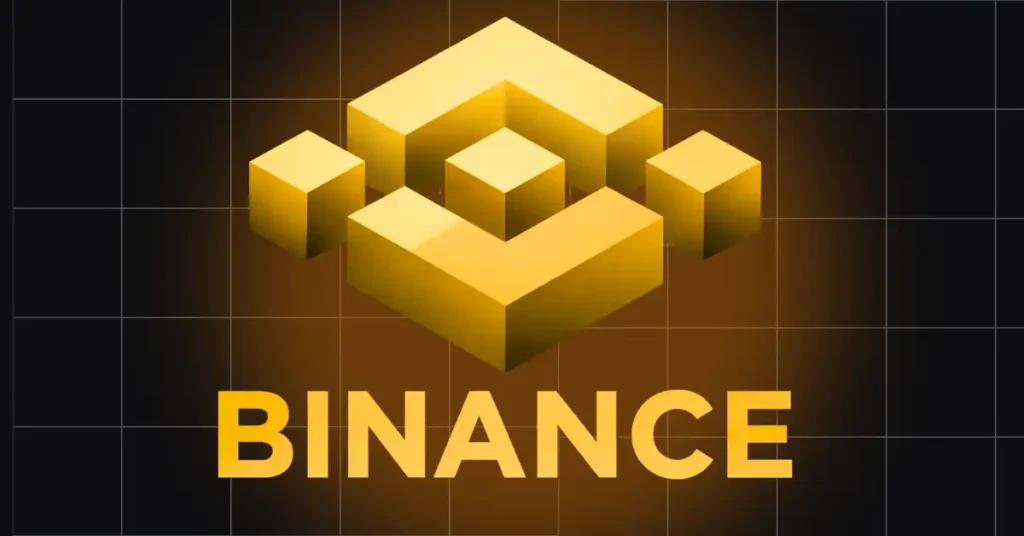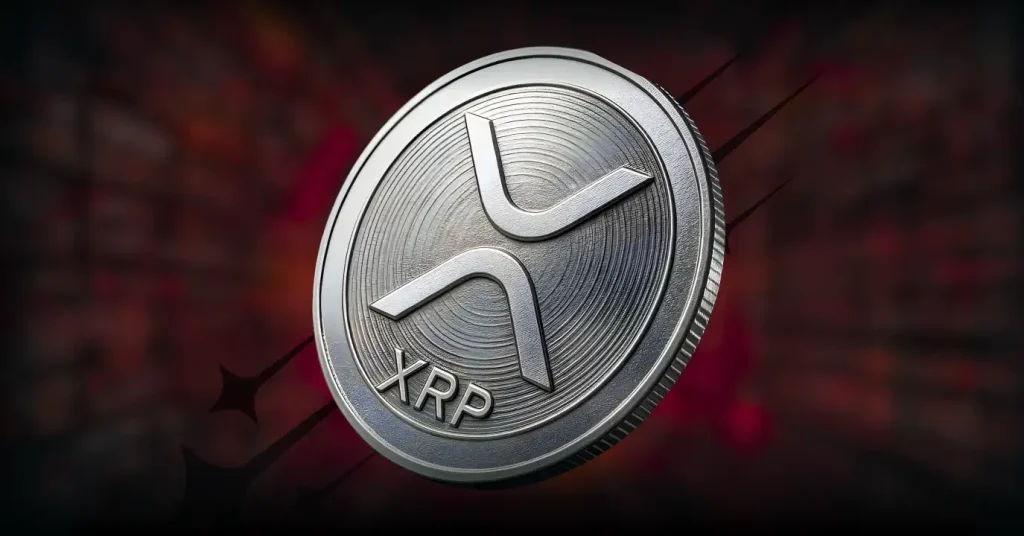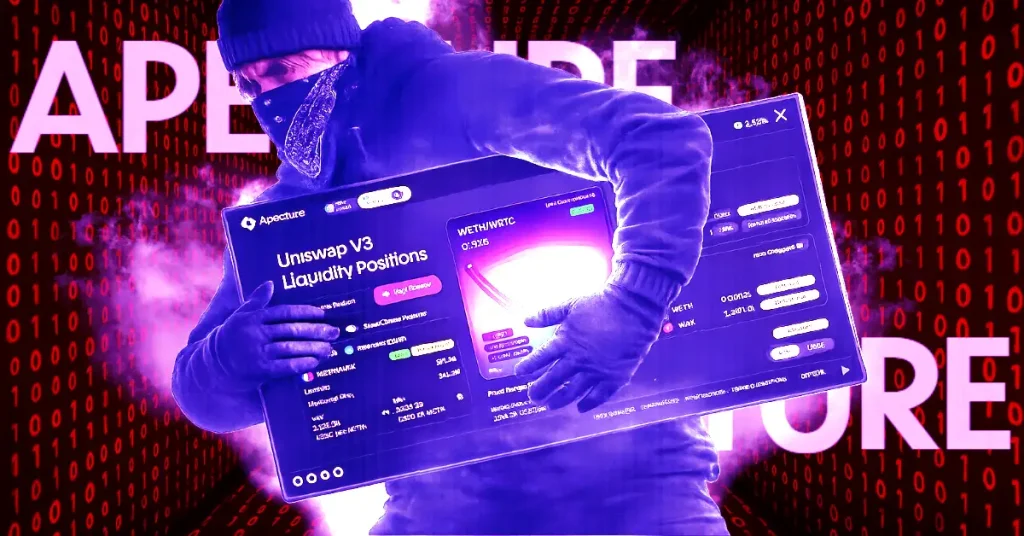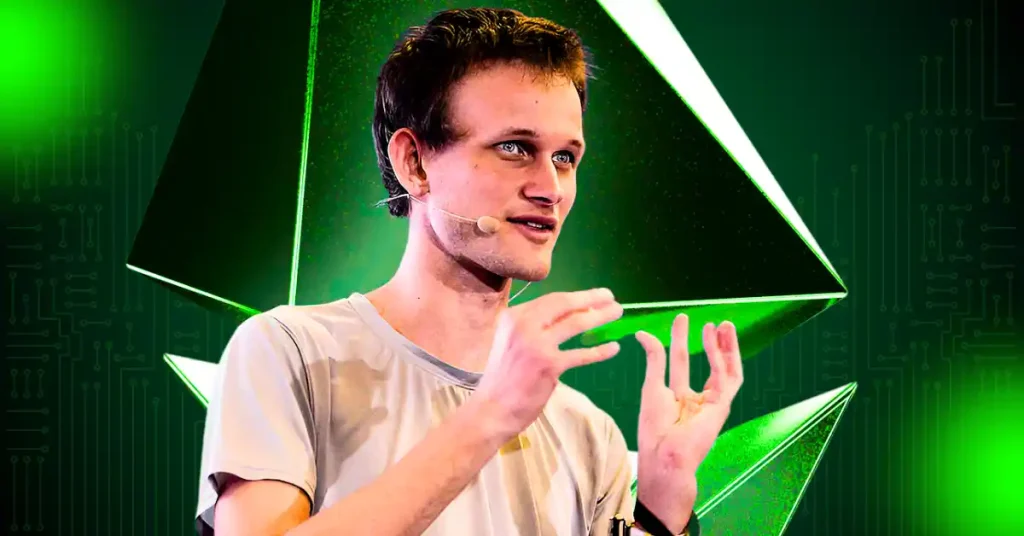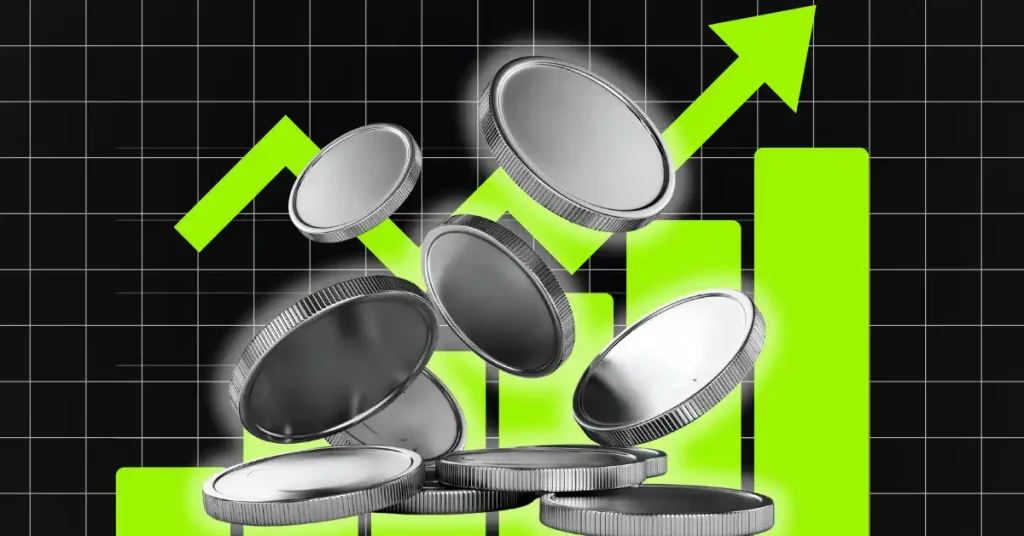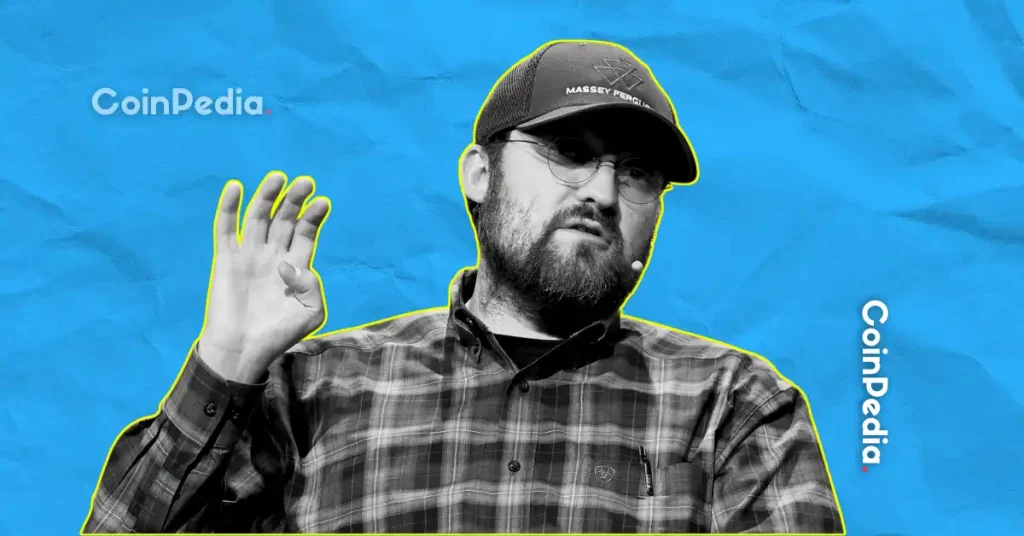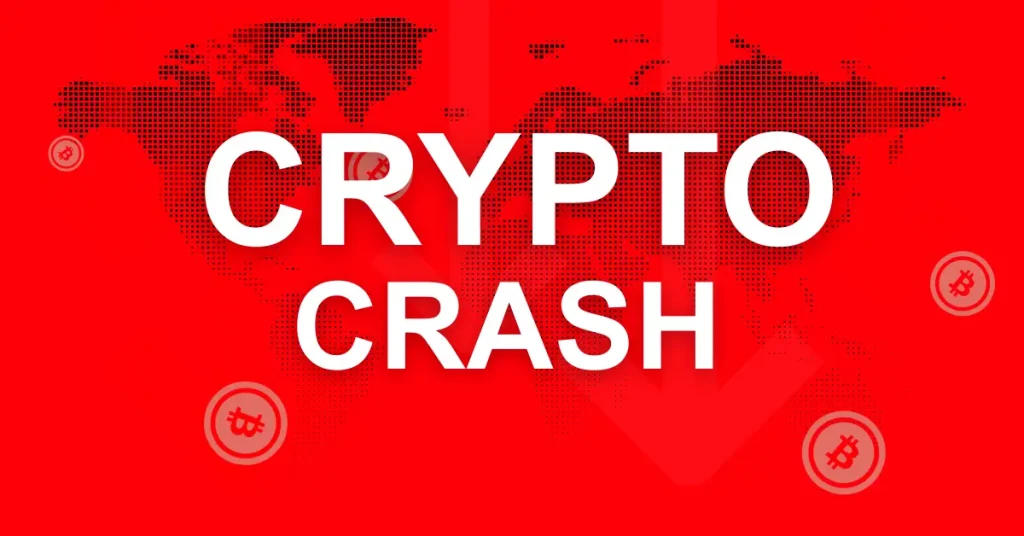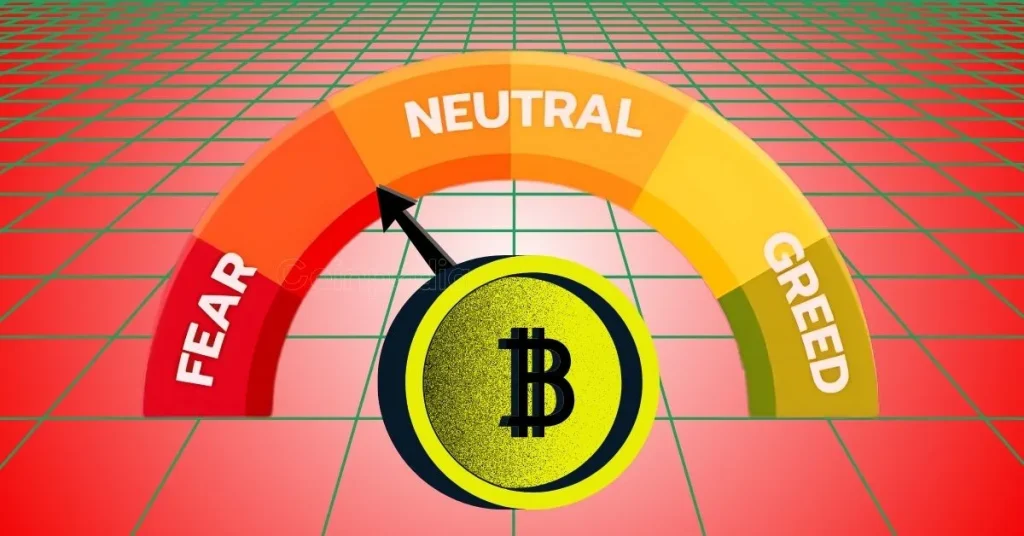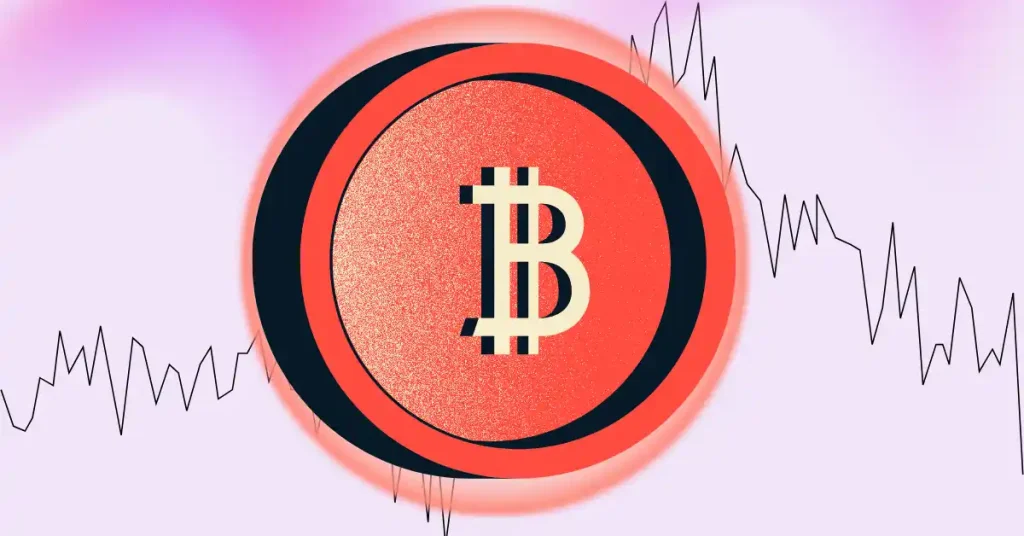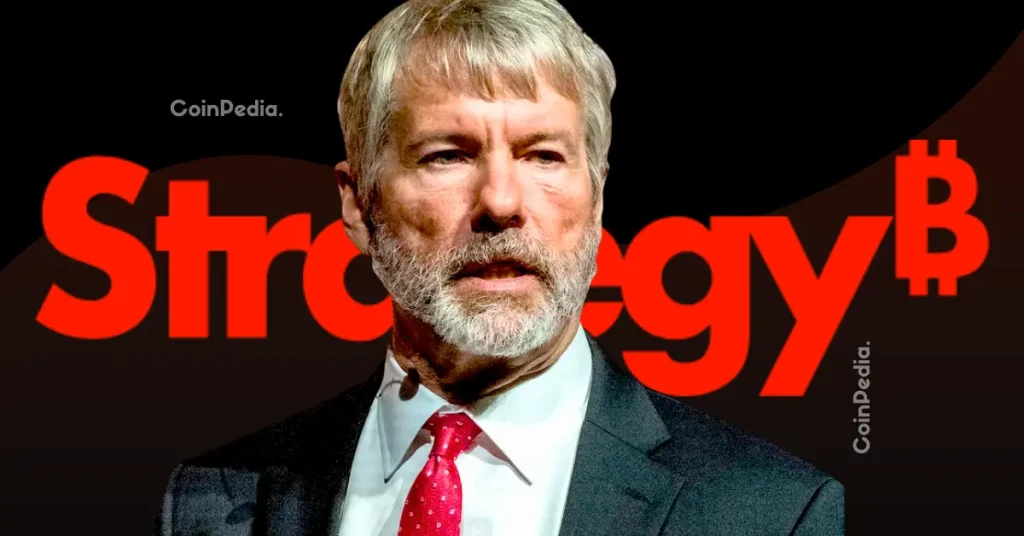Ethereum founder Vitalik Buterin outlined a new L2 roadmap meant to support their token’s scalability. He also believes the crypto community should prioritize open-source funding instead, as public goods funding is still subject to social desirability bias. Meanwhile, his Ethereum network will need to increase its data capacity to accommodate an L2 model release. The network, though, does have an upgrade in the works. Pectra, possibly launching by April 30, could raise blob space to up to 6 units. Moreover, by the end of the year, the network plans to have 72 units through the Fusaka upgrade as well or, at least, bulk up to 12-24 units. Ethereum L2 model will use optimistic, zero-knowledge and trusted execution environment proof types Buterin’s L2 proposal will feature a system with a 2/3 multi-signature mechanism, utilizing optimistic, zero-knowledge (ZK), and trusted execution environment (TEE) proofs. That implies that before any transaction is finalized, it has to pass through ZK and TEE validations. Then, a seven-day optimistic challenge period is provided if the transaction does not meet the former checks’ criteria. Additionally, the system can be upgraded to proof logic, but there will be a 30-day delay per network policy. Generally, the L2 model will maintain properties such as decentralization and trust minimization but improve in terms of speed and network security. However, Buterin cautioned that using common code across ZK rollups might allow bugs to spread between them, increasing the overall risk. Wei Dai, a research partner at 1kxnetwork, detailed, “This means that the finality of rollups can be as fast as zk proving (~ Buterin has encouraged people to take on open-source funding instead of public goods funding Buterin also called for the change to open-source funding from public goods funding. He argued that the term “public good” can be “stretched so easily.” Buterin explained that the word “public good” is often used to describe a ‘good that comes from the government’ and not exactly something great in an economic sense, so the name may create a false perception. He added that people already perceive public good funding as lacking rigour and being cultivated on the basis of social desirability. He insisted that contrary to public goods funding, open-source funding is more transparent and could drive collaboration. He, however, cautioned against taking on any other open-source project, asking people only to support those that add value. Cryptopolitan Academy: Coming Soon - A New Way to Earn Passive Income with DeFi in 2025. Learn More

